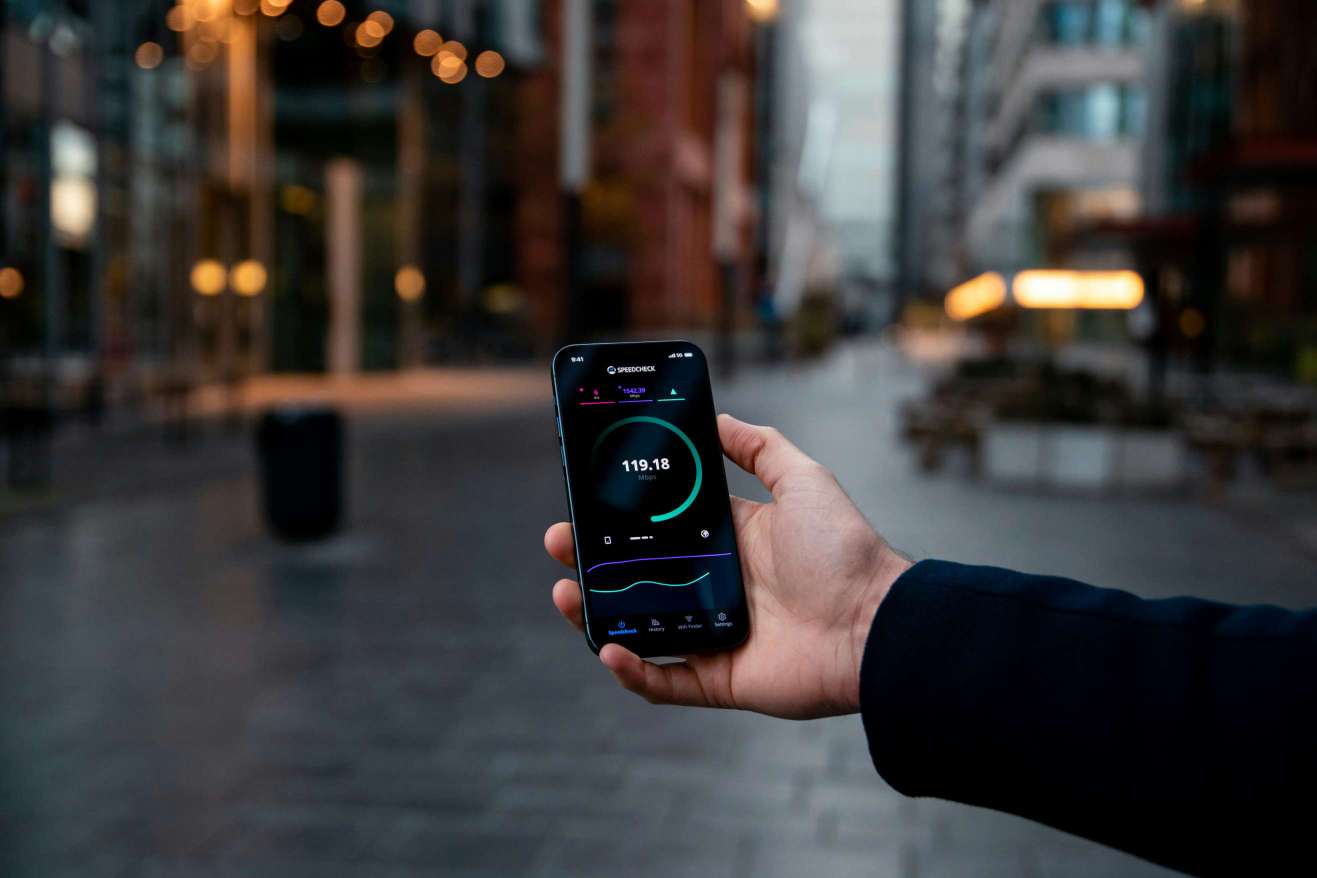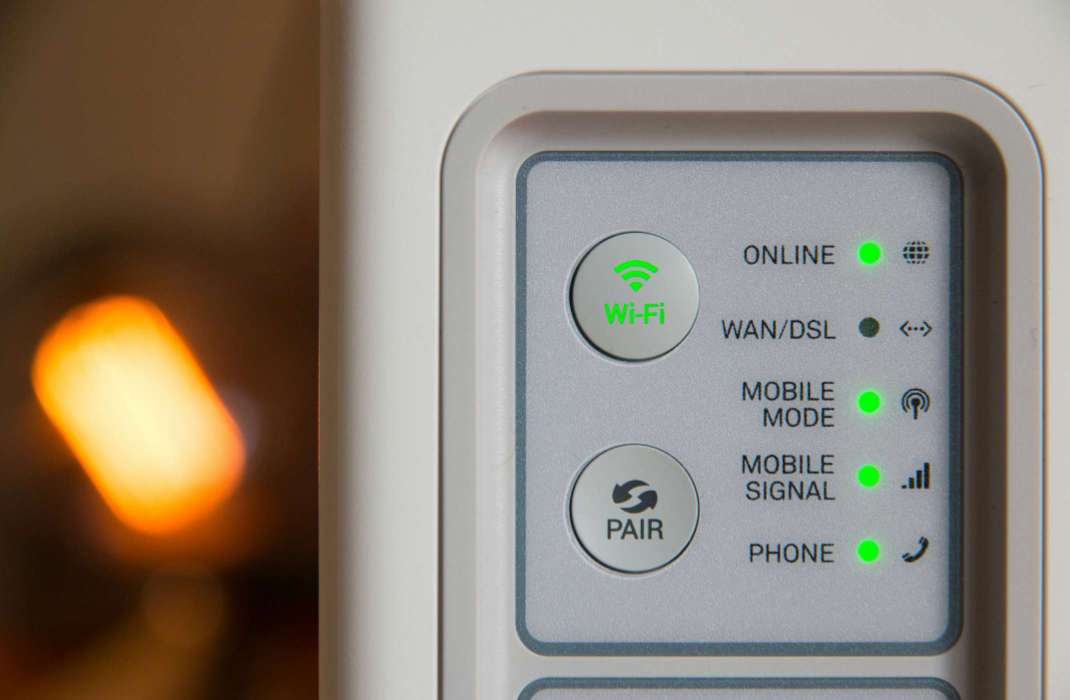Public Key Infrastructure (PKI) in Blockchain: Ensuring Secure Transactions

4 min read
07 Sep 2025
Public Key Infrastructure (PKI) plays a critical role in blockchain technology by ensuring secure transactions and data integrity. In a blockchain context, PKI manages digital certificates, cryptographic keys, and authentication processes to establish trust among participants and secure interactions.
Digital certificates issued by Certificate Authorities (CAs) validate the identity of participants in blockchain networks. These certificates contain public keys, cryptographic signatures, and other metadata that verify the authenticity of transactions and communications.
Cryptographic keys are fundamental in PKI for encrypting data and verifying digital signatures. Public keys are shared openly for encryption and verification, while private keys are securely held by users to decrypt data and sign transactions. This asymmetric encryption ensures confidentiality and authenticity in blockchain transactions.
Blockchain networks use PKI to authenticate users, nodes, and smart contracts, preventing unauthorized access and mitigating risks such as impersonation attacks and data manipulation. PKI mechanisms like digital signatures ensure that transactions are tamper-proof and traceable, enhancing transparency and accountability.
The decentralized nature of blockchain requires robust PKI frameworks to manage identity and access control effectively. Distributed Ledger Technology (DLT) ensures that each participant maintains a copy of the ledger and validates transactions independently, reducing reliance on centralized authorities and enhancing resilience against cyber threats.
Challenges in PKI implementation within blockchain include scalability, interoperability between different PKI infrastructures, and regulatory compliance. Standardization efforts and interoperable protocols aim to address these challenges, promoting seamless integration and widespread adoption of blockchain technology.
Use cases of PKI in blockchain extend beyond financial transactions to digital identities, supply chain management, healthcare records, and voting systems. By leveraging PKI, blockchain enhances security, transparency, and efficiency across diverse industries, fostering innovation and trust in digital interactions.
Looking ahead, the integration of PKI and blockchain technologies will continue to evolve, driven by advancements in cryptographic algorithms, consensus mechanisms, and regulatory frameworks. Secure and scalable PKI solutions will play a pivotal role in realizing the full potential of blockchain for secure digital economies.

The AR Breakthrough That Will Make Blockchain Transactions Simpler Than Ever!
5 min read | 15 Nov 2025
How AI Is Making Blockchain Smarter and Safer – The Inside Scoop!
6 min read | 14 Nov 2025
The Big Tech Twist: How VR Is Set to Disrupt Blockchain Like Never Before!
5 min read | 13 Nov 2025
Unlocking the Power of AR: How Augmented Reality Is Set to Revolutionize Blockchain!
5 min read | 12 Nov 2025More Articles

From Fans to Funders: Blockchain Revolutionizes Fan Engagement
6 min read | 02 Nov 2025

The Creator Economy on Steroids: Blockchain Empowers Content Creators
5 min read | 01 Nov 2025

Hacking the System: Ethical Hacking for a More Secure Blockchain
7 min read | 31 Oct 2025

The Energy Paradox: Powering the Blockchain Revolution Sustainably
5 min read | 30 Oct 2025
More Articles

Network Slicing: The Secret to Efficient 5G Networks
5 min read | 27 Oct 2025

Software-Defined Networking (SDN): The Key to Agile Networks
5 min read | 26 Oct 2025

Network Function Virtualization (NFV): The Technology Behind 5G
7 min read | 25 Oct 2025

Wireless Communication: The Future of Connectivity
6 min read | 24 Oct 2025
